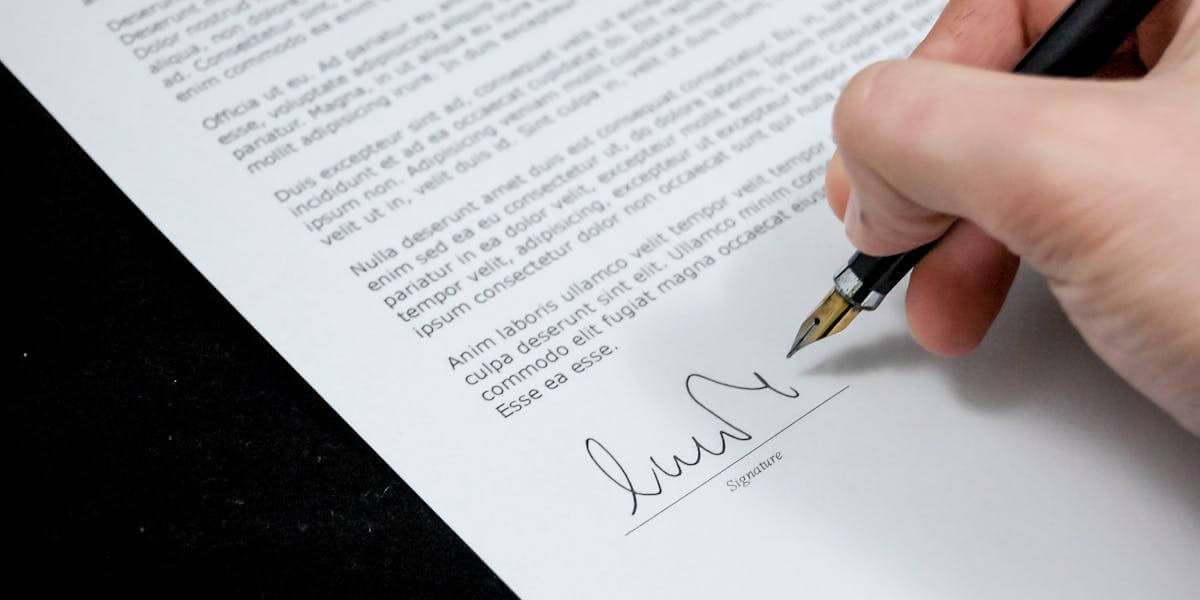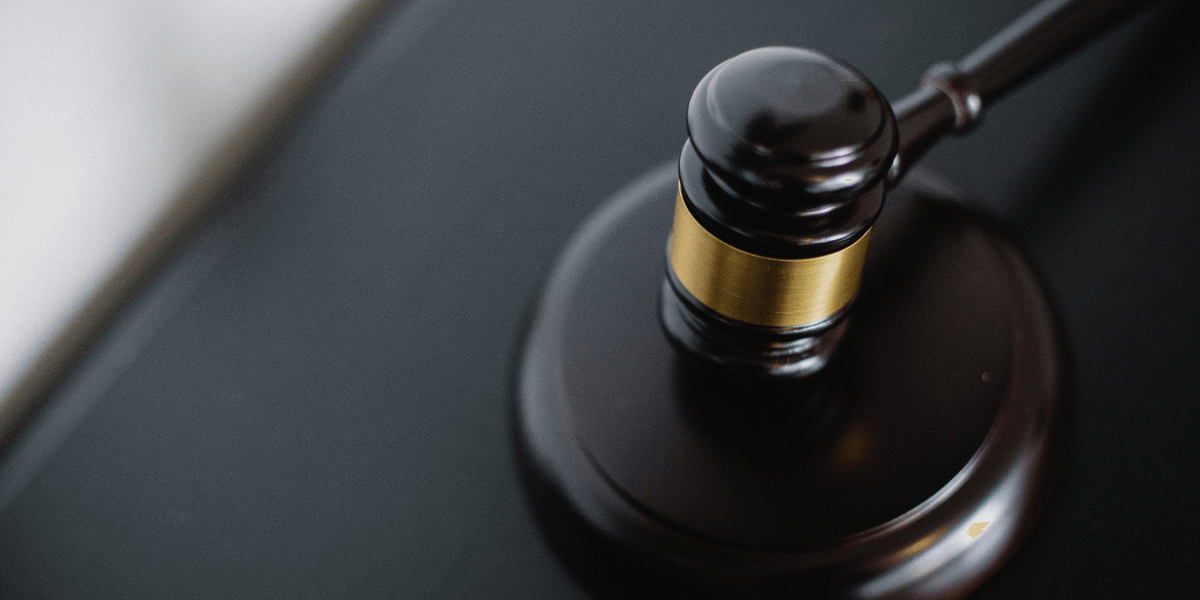Let’s address the obvious: if the government provides you with a free attorney, why should you pay for one when facing allegations under the Uniform Code of Military Justice (UMCJ)?
While there is a multitude of answers addressed later in this article, the simple answer remains that a court-martial is not a fair fight. The government will go to great lengths to investigate, prosecute, and find you guilty. If found guilty, you will lose everything you have worked so hard to accomplish; your military career, freedom, future benefits, and more are all at stake. With such high stakes, do you really want to trust it to a military-appointed attorney with minimal trial experience?
While these concerns may sound extreme, many service members aren’t aware of the real costs and future impacts of losing at your trial or at a separation board.
Never too Early to Rally Your Troops
You can hire a civilian military attorney at any time. Ideally, this will be as soon as you learn you may be under criminal investigation, since oftentimes, the military will not assign you a JAG until charges are preferred against you. You will not have access to appointed legal representation while you are being investigated or being questioned—one of the MOST important times you should have someone with legal experience looking out for you. You do have the right to retain a private attorney to represent you during the investigation.
Don’t fall under the assumption that just because you tell the truth and come clean, things will end up better for you. We oftentimes see servicemembers putting themselves in worse positions under the false assumption that if they refuse to talk and try and get a lawyer, they will only make things worse and upset their commanders. Even if a service member is innocent, it is advisable for them to assert their rights to an attorney at the beginning, regardless of how minor the issue may appear.
Additionally, an experienced military defense attorney can intervene before you are criminally charged to negotiate an alternative disposition.
You can contact us 24 hours a day, 7 days a week via phone at 8885294543, by e-mail at info@tullylegal.com or by clicking the button below:
Remember Who You Are Fighting Against
From the moment you are charged until the sentence is delivered, the government stacks the odds against you. When you go up against the military justice system, you go against the government. They have and will use their vast resources (CID, NCIS, OCI) to thoroughly investigate you. Then, they assemble a team of attorneys to prosecute the case in front of a military judge or panel. Usually, the prosecution will assign two prosecutors to each case, supervised by a chief of military justice who reports to a staff judge advocate. In most cases, you will be detailed one defense counsel who may or may not have much experience practicing law and trying cases before a court-martial panel.
You won’t be given the benefit of the doubt, and you can’t rely on the government to act morally even in cases where the law and the evidence support your position.
What’s Really at Stake?
A guilty verdict in a court-martial is not just a black mark on your military record. You can lose everything you have, including the following:
- Your freedom;
- Your military job;
- Your military rank;
- Your pay and any enlistment bonuses;
- Your military retirement; and
- Your VA benefits.
All this being said, you could lose hundreds of thousands of dollars in pay and benefits. And if that wasn’t enough, you could end up being sentenced to confinement, or if your offense was sexual in nature, you may have to register as a sex offender in the state you return to after confinement.
Even after your military career, your guilty verdict could impact your civilian career as well. An Other Than Honorable discharge, federal conviction, and prison time are viewed poorly by employers, making it difficult for you to get a civilian job and move on.
Ready to book your consultation? Click below to pay our consultation fee and book your meeting with an attorney today!
Why Learned Counsel is So Critical.
Not all military legal matters require a civilian attorney, but if you’re facing a serious charge such as drug use, AWOL, desertion, insubordination, sexual assault, or manslaughter, hiring one can make a significant difference in your defense.
Our civilian attorneys have spent years focusing on a specific practice area. They have accumulated hundreds of hours in courtrooms defending their clients. They don’t back down from a challenge during cross-examination. They are confident in their abilities and their knowledge gained from the acquired experience over often decades of practice.
Though you will have to pay out of pocket to hire a civilian attorney, it is a worthwhile investment when you consider everything you can lose in a court-martial. You can still retain your military-appointed attorney, but adding a civilian attorney gives you a level of legal knowledge you might not otherwise have.
All of this isn’t to say that there aren’t excellent appointed attorneys in the military, and it’s an entirely personal question as to whether you want to hire a civilian military attorney. This article was meant to provide crucial information and advice to help you sort out your issues so you can make a fully informed decision, should you find yourself in the government’s crosshairs.
As Managing Partner of Tully Rinckey PLLC’s Houston office, Sean oversees all of the office’s operations while concentrating his practice on military law; routinely handling cases involving Article 15s, letters of reprimand, courts-martial and officer/enlisted separation proceedings. Sean also handles federal labor and employment law cases and security clearance representation. He is also a member of the National Security Lawyers Association (NSLA). He can be reached at 8885294543 or at info@tullylegal.com.








